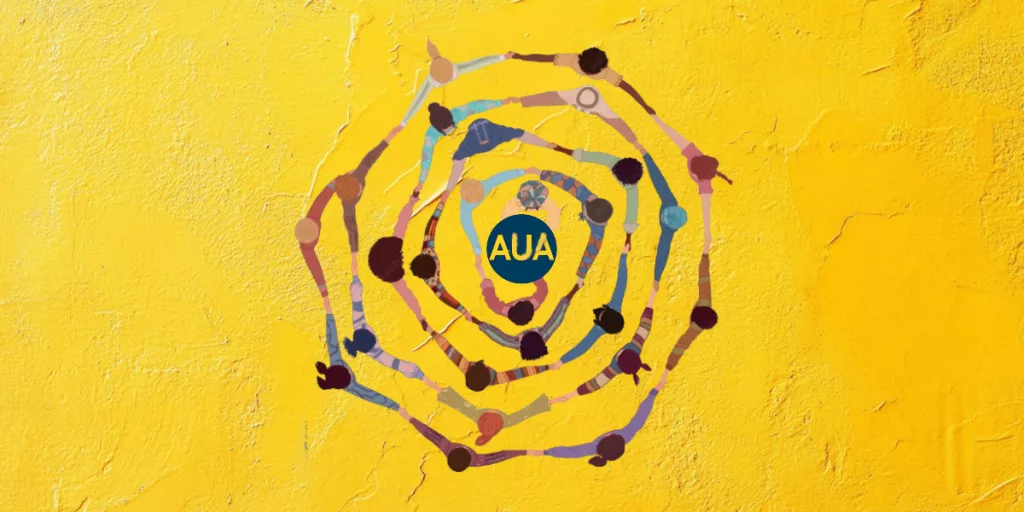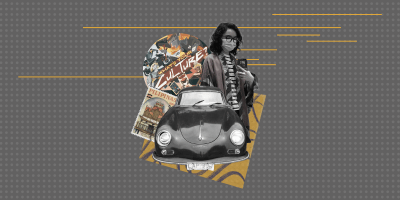
Dear Students,
I am no one special. I am a humble adjunct and, truthfully, a lifelong student who keeps returning to the classroom because I have not finished learning. I write to you with respect, not as an authority, but as someone who has walked many corridors before this one and still carries a notebook like a freshman.
Each morning when you step onto campus, you enter a place that many of us once only imagined. The building shines with glass and light. There is a library that breathes with ideas. There are classrooms wired for discussion, labs and studios where problems become projects, and halls where art and music find a home. You learn from a curriculum that tries to be both rigorous and open. Your lecturers come from here and from far away. They bring different schools of thought, different habits of mind, and they stand beside advisers, counselors, librarians, and the many staff members you may not see, who make this place work so that your learning can flow.
I want to invite you to pause and truly see it. Not to admire the surface, but to understand what it represents. It represents the work of people you will not meet, the trust of those who invest in you through scholarships and aid, the discipline of faculty who rewrite their courses again and again, the patience of administrators who make the quiet decisions that no one applauds, and the daily labor of staff who keep the doors open, the networks alive, and the campus safe.
Some of us studied in rooms with broken windows and uneven heating. Some of us did not have quiet places to read. Some of us did not even have working toilets. We learned to be grateful for a chair, a desk, and a borrowed book. I do not tell you this to romanticize difficulty or to measure your experience against ours. I tell you this to say that comfort is not the enemy of character. Comfort can be a platform for courage if you choose to stand on it with intention.
The cafés and cafeterias on campus are not only places to eat. They are classrooms without a timetable. Every table can host a seminar if you bring a question. Every hallway can be a corridor of discovery if you walk slowly enough to notice the poster for a talk you did not plan to attend. Every office hour can become a turning point if you arrive with one honest paragraph of confusion and the willingness to wrestle with it.
To those of you who already study with focus and gratitude, thank you. You set the tone for us all. Keep going. To those who are still finding their rhythm, this is a gentle invitation to begin. No one will measure your worth by how quickly you move. What matters is that you move with purpose.
There is a difference between having opportunities and using them. Using them does not mean doing everything. It means choosing a few things and going deep. Read beyond the assignment, not to impress a professor, but to train your mind to ask better questions. Write drafts earlier than you need to, not to avoid stress, but to learn what revision teaches: that clarity is earned. Speak up in discussion, not to perform, but to practice courage in small doses so that you are ready when life asks for a larger measure of it.
Make small rituals of gratitude. Sit in the library for ten quiet minutes before you open your laptop. Thank a staff member by name. Send one email to a lecturer after a class that unsettled you in a good way, and tell them exactly why. Shake the hand of a guest speaker and ask for one reading recommendation. Bring a friend to an event they would not normally attend. These are tiny acts, but together they build a life that is awake.
Remember that a university is not only a place to receive. It is a community to which you belong. Belonging has duties. Treat spaces with care. Share notes with a classmate who missed a session for reasons you may never know. Credit others when you borrow an idea. If you are strong in a subject, give an hour to someone who is not. If you are struggling, ask for help early. There is dignity in both giving and receiving.
Art and culture on this campus are not ornaments. They are ways of thinking. Visit the exhibition even if your major is not in the arts. Go to a reading even if you think poetry is not for you. Let music alter your mood before an exam. These experiences train the same faculties that analysis and argument rely on: attention, patience, and the ability to hold complexity without rushing to close the question.
I will be clear about one more thing. Grades matter, but they are not the whole story. Integrity matters more. Curiosity matters more. The patient habit of returning to a difficult idea until it yields a little light matters most of all. Knowledge that is used to serve others will outlast any number that appears on a transcript.
If you ever see me on campus, know that I am still learning, too. If you bring me a question, I will likely ask you two in return. Not because I do not know, but because I believe that the best answers are doors you open yourself. I am here as a fellow traveler who has taken a few turns in the road and is happy to point out where the path gets slippery.
Before you go back to your day, give yourself sixty seconds of stillness. Look around you. Choose one thing you are grateful for and one way you will use it well this week. It can be small. Small is enough. Small, repeated, becomes a character. Character, lived, becomes a life that others can trust.
Make the most of this place. Let it make the most of you.
With respect and encouragement,
Davit Khachatryan
AUA Lecturer,
A student among students




